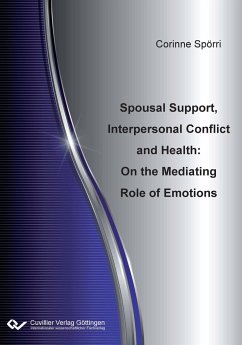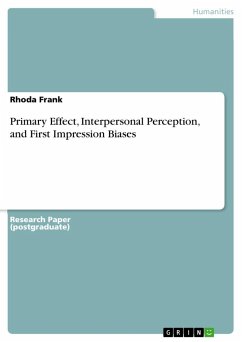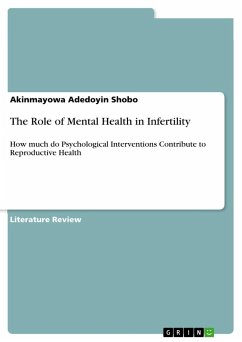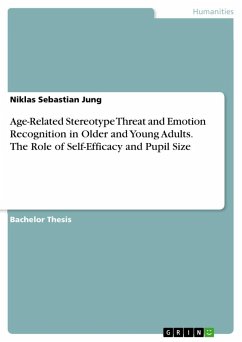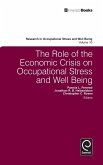The present thesis aimed to investigate the mediating roles of positive and negative affect in the context of social support and interpersonal conflict. For this purpose, two studies using data from the Swiss Household Panel (SHP) were conducted. In the first study, the association with spousal support and individual health with respect to the mediating role of positive affect was investigated. To this aim, waves from 2006 to 2010 of the SHP were assessed using autoregressive cross-lagged models in order to consider causal effects. Data analysis was restricted to individuals (585 men, 752 women) who were living in a relationship during all years of assessment and who were older than 18 years. Results suggest that whereas men benefit directly from spousal support, in women, this effect is mediated by joy.In the second study, the mediating influence of negative affect in the context of interpersonal conflict and individual health was examined. Waves from 2000 to 2011 of the SHP were assessed using growth curve modeling to observe changes in self-reported health over time. Here too, only individuals within close relationships were included in the analysis (585 men and 752 women) in order to test for conflicts with closely related persons. Conflicts showed direct negative effects on women¿s health; however, in men, this effect was mediated by anger and sadness.

